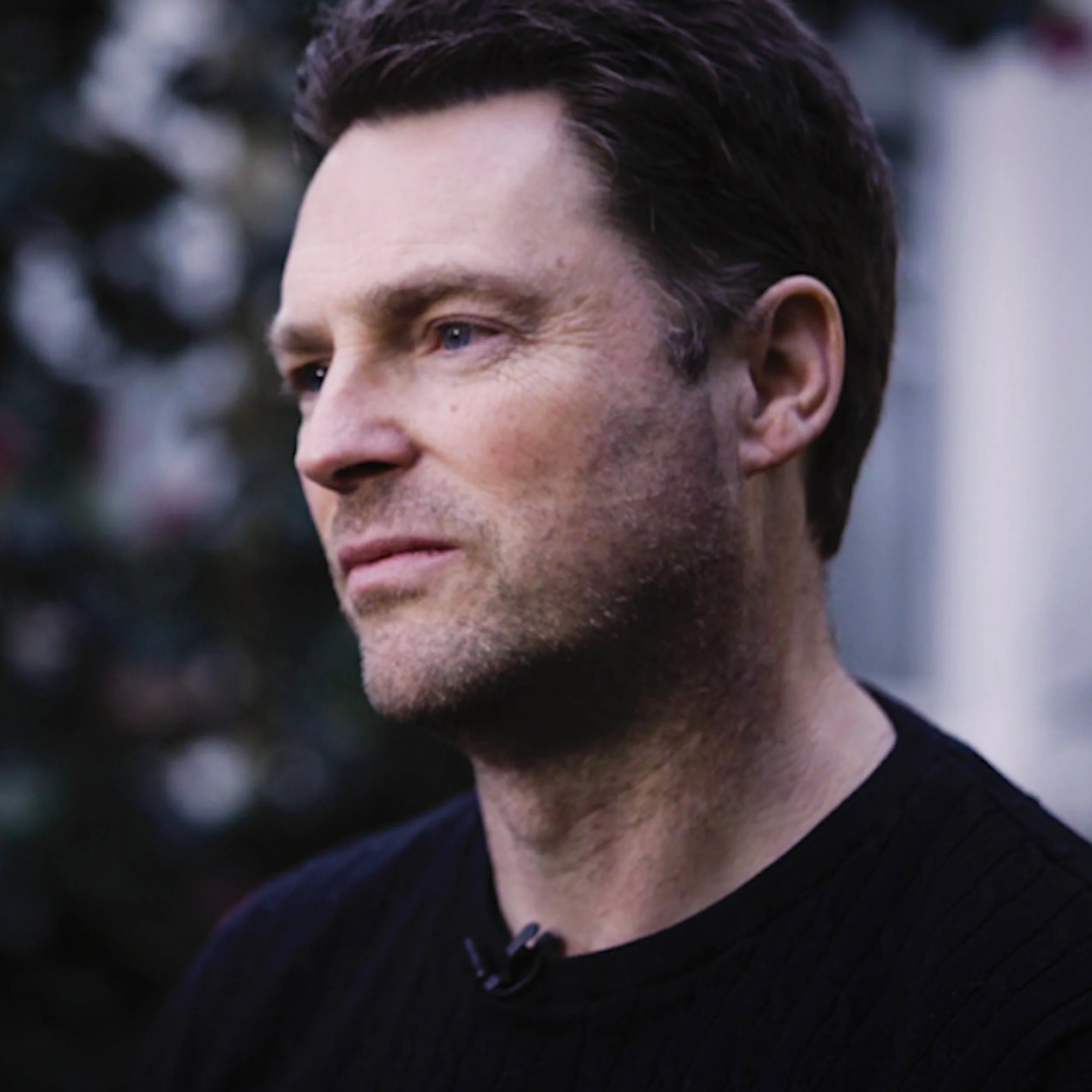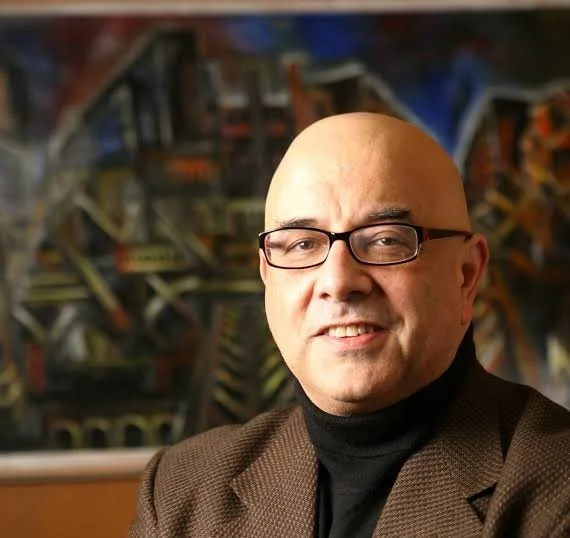How will AI Affect Education, the Arts & Society? - Highlights - STEPHEN WOLFRAM
/Computer Scientist · Mathematician · Theoretical Physicist
Founder/CEO of Wolfram Research · Creator of Mathematica · Wolfram|Alpha
I think as there is more automation, there is more kind of emphasis on this question of our choice. The story of the development of things tends to be what do humans decide that they care about? In what direction do they want to go? What kind of art do they want to make? What kinds of things do they want to think about? There is in the computational universe of all possibilities, there is sort of infinite creativity.




















